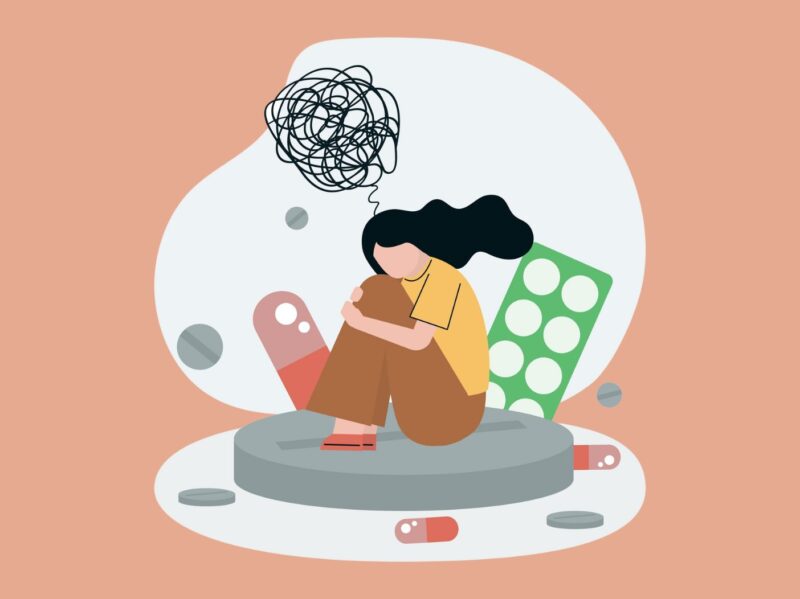Living with Attention-Deficit or Hyperactivity Disorder ADHD and anxiety can be a challenging journey, but with the right strategies and support, managing these conditions can become more manageable and fulfilling. This guide aims to provide adults with ADHD and anxiety with practical tips and insights to help navigate their daily lives more effectively.
Understanding ADHD and Anxiety: The first step in managing these conditions is understanding them. ADHD often involves difficulties with attention, impulse control, and hyperactivity, while anxiety is characterized by excessive worry and fear. Recognizing the symptoms and how they manifest in your life is crucial.
Seek Professional Help: Consult with healthcare professionals, including psychologists and psychiatrists, to receive an accurate diagnosis and personalized treatment plans. Medication, therapy, or a combination of both may be recommended based on your unique needs.
Medication Management: If prescribed medication, take it as directed by your healthcare provider. Regularly communicate with them to adjust dosages or explore alternative options if necessary.

Therapy: Cognitive Behavioral Therapy CBT and other therapeutic techniques can help individuals with ADHD and anxiety develop coping strategies, improve self-esteem, and manage symptoms effectively.
Time Management and Organization: Develop a structured routine and use tools like calendars, to-do lists, and smartphone apps to keep track of tasks and deadlines. Breaking tasks into smaller, manageable steps can make them feel less overwhelming.
Mindfulness and Relaxation Techniques: Mindfulness meditation, deep breathing exercises, and progressive muscle relaxation can help reduce anxiety and improve focus. Incorporate these techniques into your daily routine to promote mental clarity.
Physical Activity: Regular exercise is known to alleviate symptoms of ADHD and anxiety by increasing the production of neurotransmitters like dopamine and serotonin. Aim for at least 30 minutes of physical activity most days of the week.
Nutrition and Sleep: Maintain a balanced diet and prioritize sufficient sleep. Avoid excessive caffeine and sugar intake, as they can exacerbate anxiety and ADHD symptoms.
Support Systems: Connect with support groups or seek out a therapist who specializes in ADHD and anxiety. Sharing experiences with others who understand can be incredibly beneficial.
Time for Self-Care: Prioritize self-care activities that you enjoy and that help you relax. These can be as simple as reading, taking baths, or spending time in nature.
Stress Management: Learn to identify and manage sources of stress in your life. Practicing effective stress management techniques can reduce anxiety and improve overall well-being.
Set Realistic Goals: Break down long-term goals into achievable steps. Celebrate your accomplishments, no matter how small, to maintain motivation.
Limit Distractions: Create a workspace that minimizes distractions, and consider using productivity apps to block distracting websites and apps during work or study time.
Regular Check-Ins: Continuously evaluate your strategies and seek feedback from trusted friends or professionals. Adjust your approach as needed to find what works best for you.
Be Patient and Kind to Yourself: Remember that managing treatment for adhd adults and anxiety is a journey, and setbacks are a natural part of it. Treat yourself with kindness and resilience as you navigate these challenges.
In conclusion, managing ADHD and anxiety as an adult is entirely feasible with the right tools and support. By understanding your conditions, seeking professional help, adopting effective strategies, and prioritizing self-care, you can lead a fulfilling and balanced life while managing ADHD and anxiety.
